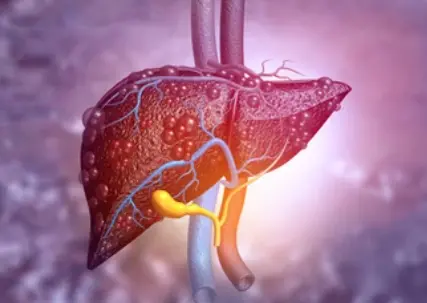 Welcome
Welcome
“May all be happy, may all be healed, may all be at peace and may no one ever suffer."
- A
- B
- C
- D
- E
- F
- G
- H
- I
- J
- K
- L
- M
- N
- O
- P
- Q
- R
- S
- T
- U
- V
- W
- X
- Y
- Z
Hypovolemic shock - Generics
Hypovolemic shock is a life-threatening condition that occurs when the body loses a significant amount of blood or other fluids, leading to a decrease in blood volume and a drop in blood pressure. This can impair the body's ability to deliver oxygen and nutrients to vital organs, and if left untreated, can lead to organ failure and death.
The most common causes of hypovolemic shock include severe bleeding from trauma, internal bleeding from a ruptured organ, severe burns, dehydration from vomiting, diarrhea, or excessive sweating, and severe allergic reactions.
Symptoms of hypovolemic shock include:
- Rapid, shallow breathing
- Rapid heartbeat or weak pulse
- Cool, clammy skin
- Confusion or disorientation
- Fatigue or weakness
- Nausea or vomiting
- Fainting or loss of consciousness
If you suspect someone is experiencing hypovolemic shock, it is important to seek immediate medical attention. Treatment typically involves restoring blood volume and improving blood pressure through the administration of fluids and blood transfusions. In severe cases, surgery may be necessary to stop bleeding or repair internal injuries.
Preventing hypovolemic shock involves taking steps to prevent injuries and illnesses that can lead to fluid loss, such as wearing protective gear during activities that carry a risk of injury, staying hydrated during periods of illness or hot weather, and seeking prompt medical attention for conditions that cause vomiting, diarrhea, or excessive sweating.

Hypersecretory conditions

Nephrotic syndrome

Transient ischaemic attac...

Scaly or itchy scalps

Eclampsia

Scrub typhus

Uterine atony

Skin care
Hypovolemic shock, হাইপোভোলমিক ধাক্কা
To be happy, beautiful, healthy, wealthy, hale and long-lived stay with DM3S.